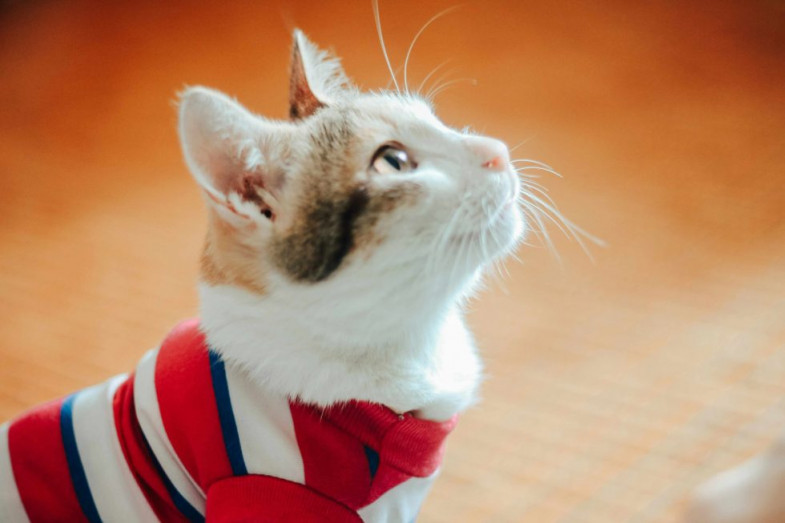Turner Veterinary Clinic News
April is Heartworm Awareness Month
Dogs and cats get heartworm disease when an infected mosquito bites them. The heartworm then gets inside of their body and can reproduce, which only worsens your pet’s symptoms. The illness is much more prevalent in dogs, but cat owners also need to know about the symptoms so they can prevent and treat it if necessary. Puppies can start on preventive heartworm medication at eight weeks old without any type of testing. At six months of age, a puppy needs to test negative for heartworm infection before a veterinarian can prescribe preventive medication.
It's Flea and Tick Season
It's National Pet Dental Health Month
The American Veterinary Medical Association declared February as National Pet Dental Health Month several years ago to underscore the importance of oral healthcare. Did you know that up to 80 percent of dogs and 70 percent of cats develop periodontal disease by the time they are three years old? This is alarming because untreated periodontal disease can cause infection by spreading to other areas of the body. It can also cause your pet to lose teeth, making it more difficult for him to chew food and get the nutrition he needs to remain healthy.
Categories
Recent Posts

February is often associated with love, thanks to Valentine’s Day, and that makes it a perfect time to show extra care to the pets who mean so much to us. While treats and cuddles are always appreciated, one of the most meaningful ways to support your pet is by focusing on their health from the inside out. Dental health and heart health may seem like separate topics, but they are closely connected and both play a major role in your pet’s overall wellness.

When was the last time your pet saw the veterinarian for a checkup, not because they were sick, but just to stay healthy? Preventive care is one of the most important ways to give your pet a longer, happier life. It’s not about doing one big thing. It’s about the small, consistent steps that help avoid bigger health problems later on.

The holidays are full of sparkle, laughter, travel, and to-do lists a mile long. As joyful as this season can be, it often means busier schedules and less time for everyday routines. In the middle of the holiday rush, it's easy to overlook one very important family member: your pet.

If you're lucky enough to have a senior pet, you know just how special that bond becomes over time. From cozy afternoons on the couch to the look in their eyes that says, "I've known you forever," there’s a deep and quiet understanding between you. As pets get older, though, their needs change. Aging isn’t a disease, but it does require us to adapt how we care for our beloved companions.
The good news? With the right care and attention, senior pets can enjoy happy, healthy golden years. Here are seven simple but meaningful health tips to help your older dog or cat feel their best.

Has your dog seemed a little more reserved lately, or is your cat less interested in playing with their favorite toys? It can be easy to attribute these changes to aging or mood, but pets are experts at hiding discomfort. The good news is that there are plenty of subtle signals that can provide clues that your pet may be experiencing pain, and many treatment options to help alleviate this discomfort.
Providing Exceptional Veterinary Care
SERVING BATTLE CREEK, AUGUSTA, GULL LAKE, RICHLAND, AND SURROUNDING AREAS.